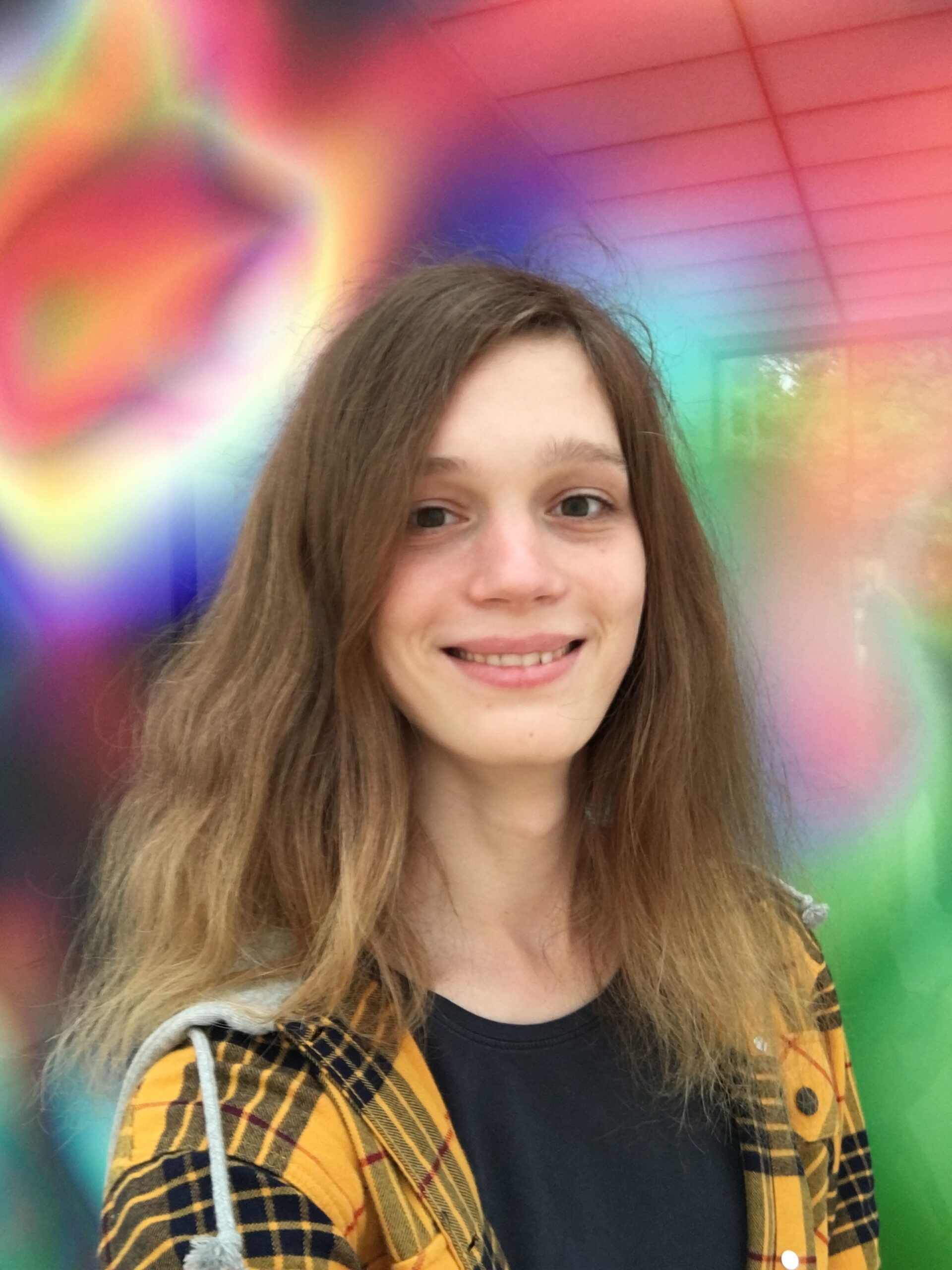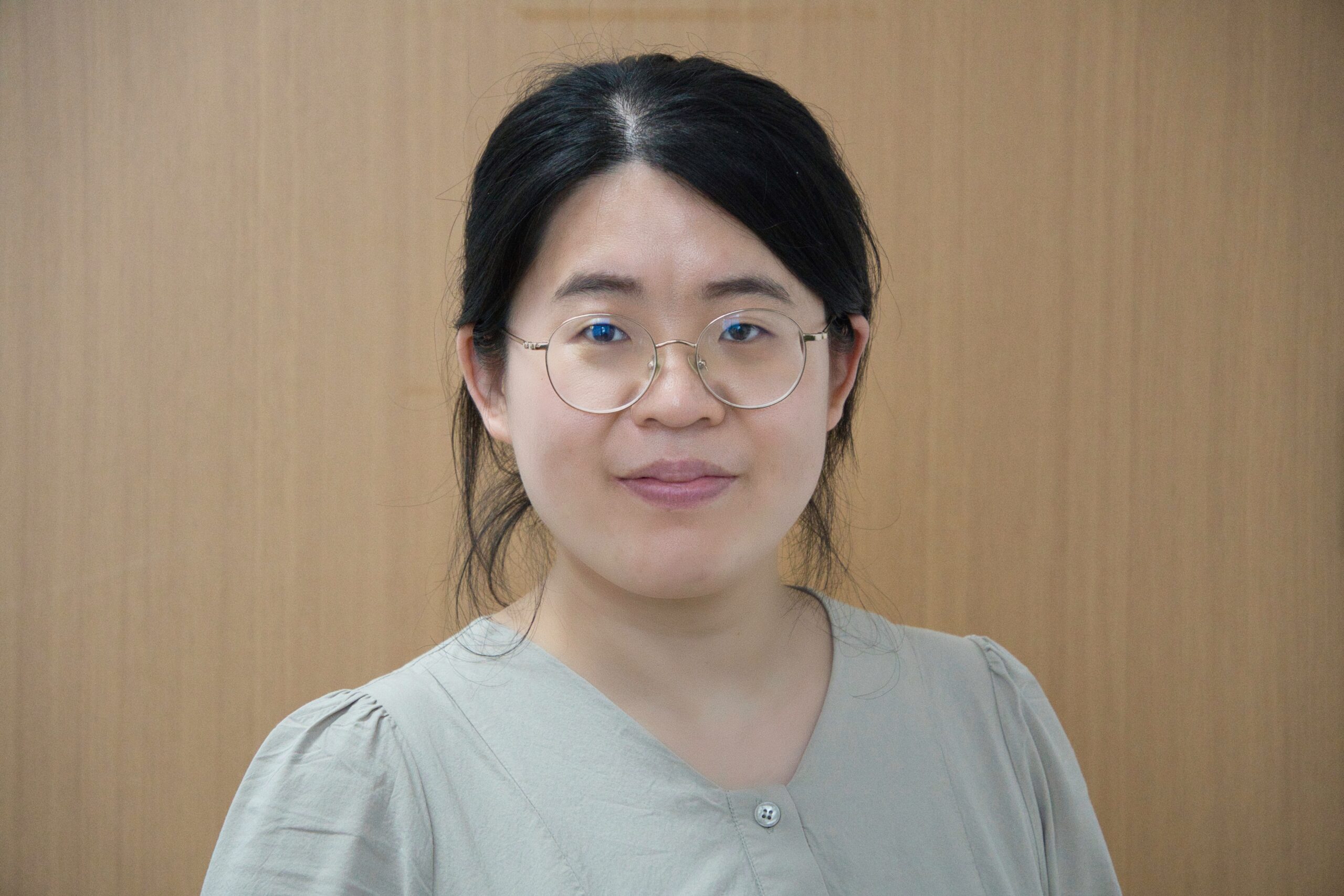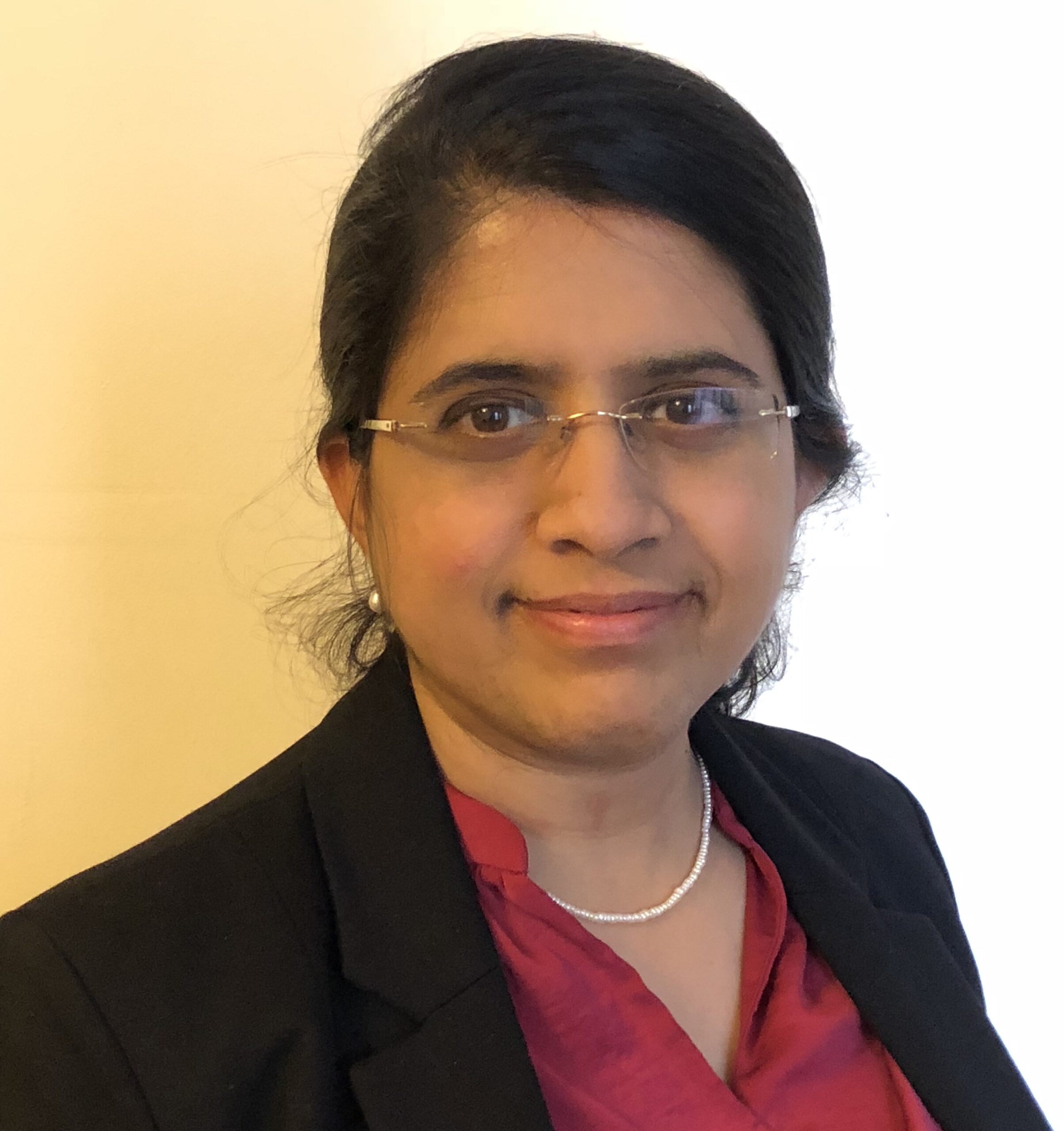Born in The Netherlands • Studied Mathematics at the University of Utrecht • Highest Degree PhD in Mathematics • Lives in the USA • Occupation Postdoctoral Researcher
I definitely did not always want to be a mathematician when I was young. I had a great mathematics teacher in high school, who was very enthusiastic about it. Still, I thought that mathematics was a bit boring, as it did not touch upon any of the subjects that interested me as a teenager. However, I did like programming at that time, which I did as a hobby. At some point I found out that the algorithms I programmed also had inventors. For me, that was a real revelation, and being an ‘inventor of algorithms’ seemed like the best job in the world to me! These people were described as mathematicians and computer scientists, so this made it easy for me to choose my majors at university after high school: mathematics and computer science as a double bachelor program in Utrecht.
At some point I found out that the algorithms I programmed also had inventors. For me, that was a real revelation, and being an ‘inventor of algorithms’ seemed like the best job in the world to me!
In my master program I already chose for mathematics over computer science. I found the theoretical aspects of algorithms more interesting than implementing them in practice, on which the computer science degree put a heavy focus. I really liked my master graduation project, so when my thesis supervisor posted a vacancy for his first PhD student, I applied for this position, and that is how I got into research professionally.
These types of algorithms solve optimization problems that can for example create train schedules, allocate personnel to different tasks or design large sports competitions.
Funnily enough, my research now is still about algorithms, so that interest stuck with me. I now focus on a very particular type of algorithms: the ones used in linear programming and integer linear programming. These types of algorithms solve optimization problems that can for example create train schedules, allocate personnel to different tasks or design large sports competitions. In theory, these algorithms can take a very long time to run. Nevertheless, in practice these algorithms are extremely fast. I investigate how this difference between theory and practice arises, and try to come up with theoretical models that better explain why these algorithms work so well in practice.
I am most proud of my recently published results on the so-called `diameter of random polytopes’. This was an open problem in my area for quite some time, and I solved it as part of a research team. But I am most proud of the fact that this was the first project where I was really in the lead as a scientist. During the beginning of your PhD, you usually rely on your supervisor for guidance, and they often give you problems to work on, broken up into manageable chunks. This was the first time that I really took the lead in a project, and I ended up being the one to give specific tasks to my coauthors to complete. This experience gave me a lot of confidence and made me certain that I would like to remain in academia.
Most postdocs I knew were often stressed by their uncertain and temporary positions. This was not something I wanted for myself.
Even after this positive experience, I was a bit doubtful about the postdoc phase. Most postdocs I knew were often stressed by their uncertain and temporary positions. This was not something I wanted for myself. I therefore decided to only apply to two positions that seemed great to me. If they both would not work out, I would leave academia. One of the positions was here as a Simons fellow at the University of Columbia. Someone I knew asked if they could nominate me for it, and of course I said yes. In the end, I even got offered both positions I applied for, so that made me more certain that I am welcome in the research environment. As a fellow, I have a three year position with a grant and not many obligations. This makes the postdoc experience much more pleasant.
To me, the best part about being a researcher in mathematics is the fact that I am sometimes the first person who finds the solution to a particular problem, the first person ever to know a particular fact. This is a very special experience, and I can be happy about it for weeks. I also really like the fact that I can sit in my office, and just think about a problem for a while without time pressure.




Recent Comments